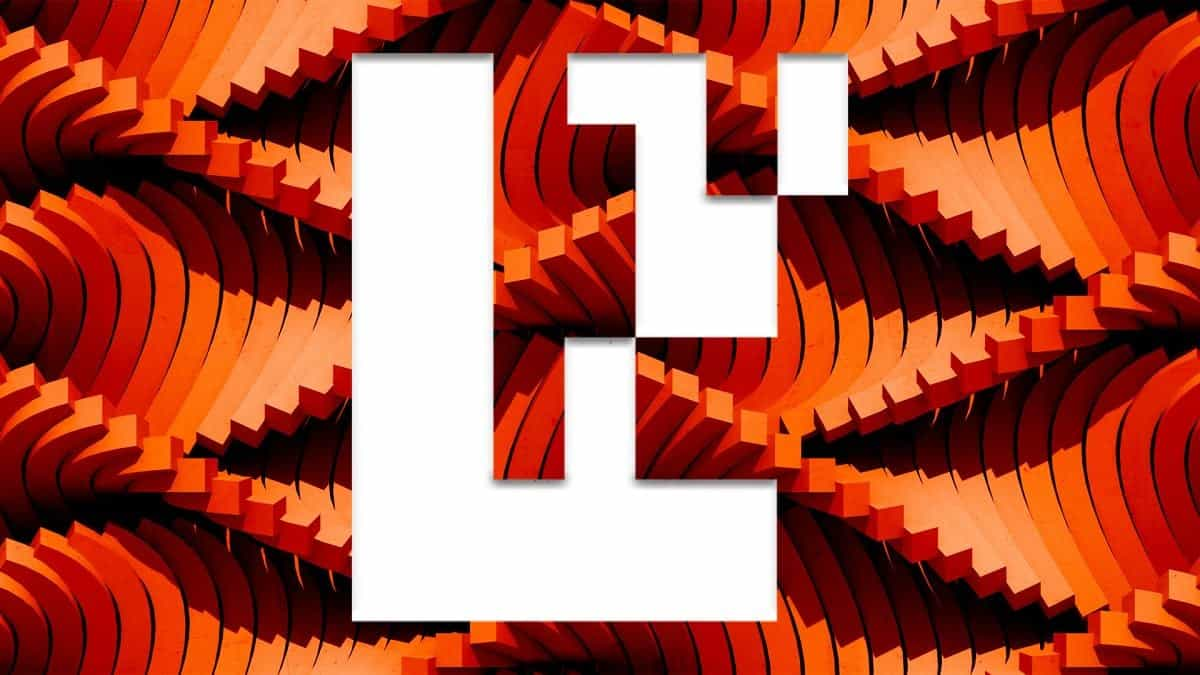Starknet optimizes code for cost savings following Dencun upgrade tomorrow

Quick Take
- The Starknet Foundation is implementing optimizations alongside Ethereum’s Dencun upgrade to reduce transaction fees on its Layer 2 network.
- Starknet developers rolled out version 0.13.1, which will use EIP-4844 post-Dencun — transitioning from calldata to blobs for cheaper data transactions.

The Starknet Foundation is introducing optimizations that will run parallel to Ethereum’s Dencun upgrade, aimed at significantly lowering transaction fees on the Layer 2 network.
The measures include the release of Starknet’s version 0.13.1 today, which will capitalize on EIP-4844 after Dencun goes live on the mainnet tomorrow. This update will transition Starknet from using the costlier "calldata" method for data transactions to cost-efficient "blobs" transaction type, offering a direct path to fee reduction.
These blob transactions, also called EIP-4844 (or proto-danksharding), are planned to go live on the Ethereum mainnet with the Dencun upgrade activated at epoch 269568 tomorrow at 13:55 UTC.
Blobs will be an additive feature on the network, increasing data availability without impacting the existing Ethereum infrastructure, resulting in cheaper transactions across Layer 2 rollups such as Starknet.
“More than users on any other L2, they are expected to see Dencun directly cut fees. This is because Starknet fees have the highest proportion of Data Availability costs, where the savings are being made. But this is just the start,” Diego Oliva, CEO of the Starknet Foundation, said.
Optimizing the prover
In addition to integrating EIP-4844, the Starknet Foundation plans to improve its shared prover (SHARP) infrastructure. For the uninitiated, STARK technology scales by producing a single proof for every block of transactions.
Instead of sending every block’s proof to Ethereum, SHARP aggregates many proofs. Then, these are packed together in batches, known as “trains.” From this week and in a separate move, the size of these trains will gradually increase. In other words, the number of Starknet transactions that are jointly verified on Ethereum will rise, according to a statement.
Disclaimer: The Block is an independent media outlet that delivers news, research, and data. As of November 2023, Foresight Ventures is a majority investor of The Block. Foresight Ventures invests in other companies in the crypto space. Crypto exchange Bitget is an anchor LP for Foresight Ventures. The Block continues to operate independently to deliver objective, impactful, and timely information about the crypto industry. Here are our current financial disclosures.
© 2023 The Block. All Rights Reserved. This article is provided for informational purposes only. It is not offered or intended to be used as legal, tax, investment, financial, or other advice.



